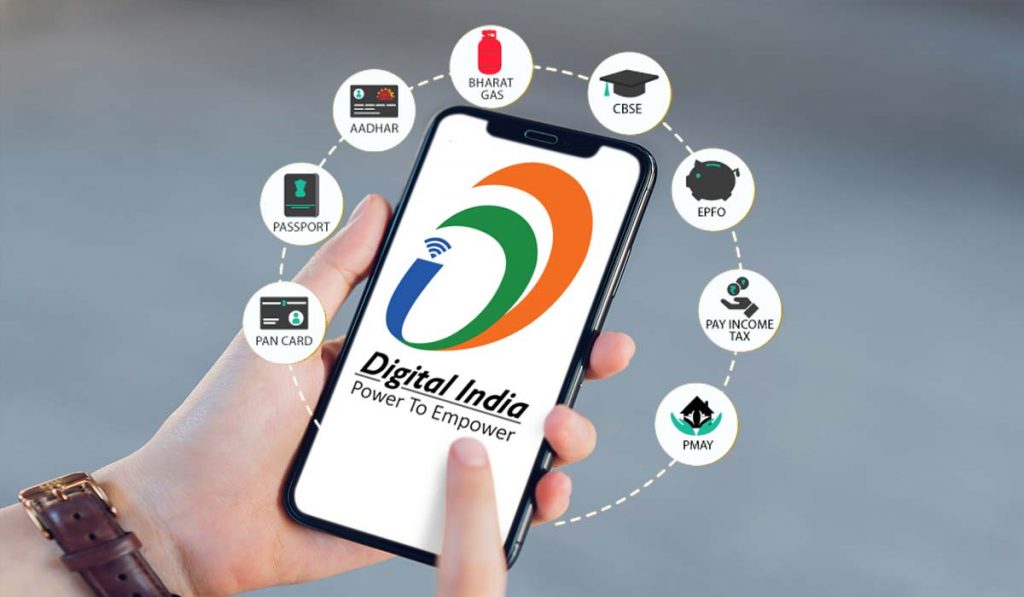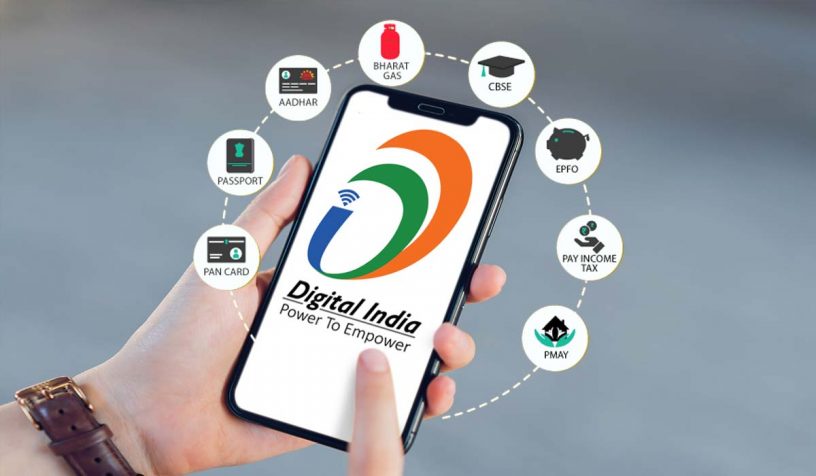
The study has found that intention to use the contact tracing mobile app launched by the Indian government during the COVID-19 pandemic was positively influenced by functional value, which in turn was positively influenced by convenience and conditional values.
Authors
Sumedha Chauhan, Associate Professor, Jindal Global Business School, O. P. Jindal Global University, Sonipat, Haryana, India.
Sandeep Goyal, LM Thapar School of Management, Thapar Institute of Engineering and Technology, India
Anandan Pillai, Publicis Media India.
Summary
Healthcare initiatives backed by electronic-governance (e-governance) principles have contributed well to the extant literature and practice. Governments and healthcare systems across the world were taken aback by the swamping impact of the COVID-19 pandemic. However, they reacted quickly by developing contact-tracing mobile applications (apps) for creating awareness, providing information about various healthcare initiatives, and helping citizens to use the required information in case of emergency.
The major challenge was to develop such e-governance interventions in a short time and ensure their quick adoption among the masses. Hence, it is worthwhile to investigate the factors leading to the adoption of such e-governance initiatives, especially in the context of a widespread pandemic situation. The present study is an attempt to analyze the factors driving the intention to use contact tracing mobile apps launched by governments globally during the COVID-19 pandemic. We have conducted the study in the context of India, where the government launched a community-driven contact tracing mobile app for its citizens during the COVID-19 pandemic in April 2020.
The study adopted an empirical approach to test how epistemic value, convenience value, conditional value, functional value, and privacy concerns influenced the intention to use this approach. The study found that intention to use such an app was positively influenced by functional value, which in turn was positively influenced by convenience and conditional values.
It suggests that the convenience of using the app, perceived seriousness of the pandemic (i.e., conditional value), and utilitarian benefits (i.e., functional value) of the contact-tracing mobile app enhanced its acceptance. However, its novelty (i.e., epistemic value) and privacy concerns are not significant predictors of intention to use. The study recommends that the government should place more emphasis on improving the functional value which is driven by convenience and context-specific features to push the use of an e-governance initiative during the crisis.
Published in: Australasian Journal of Information Systems
To read the full article, please click here.


